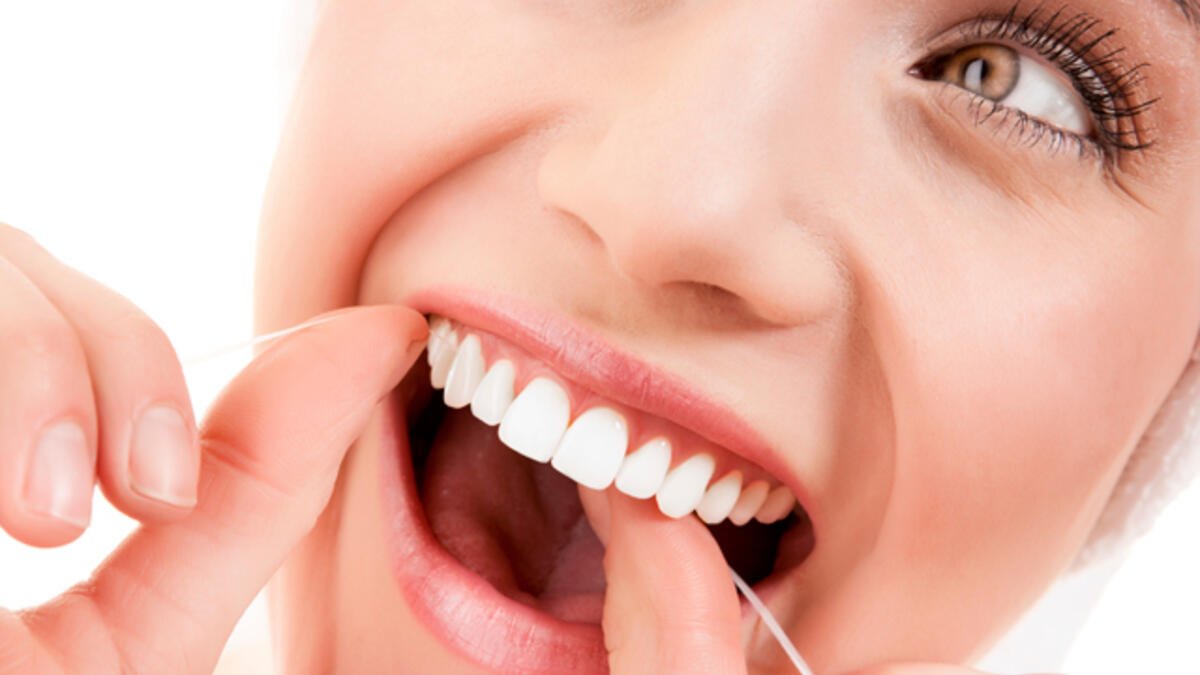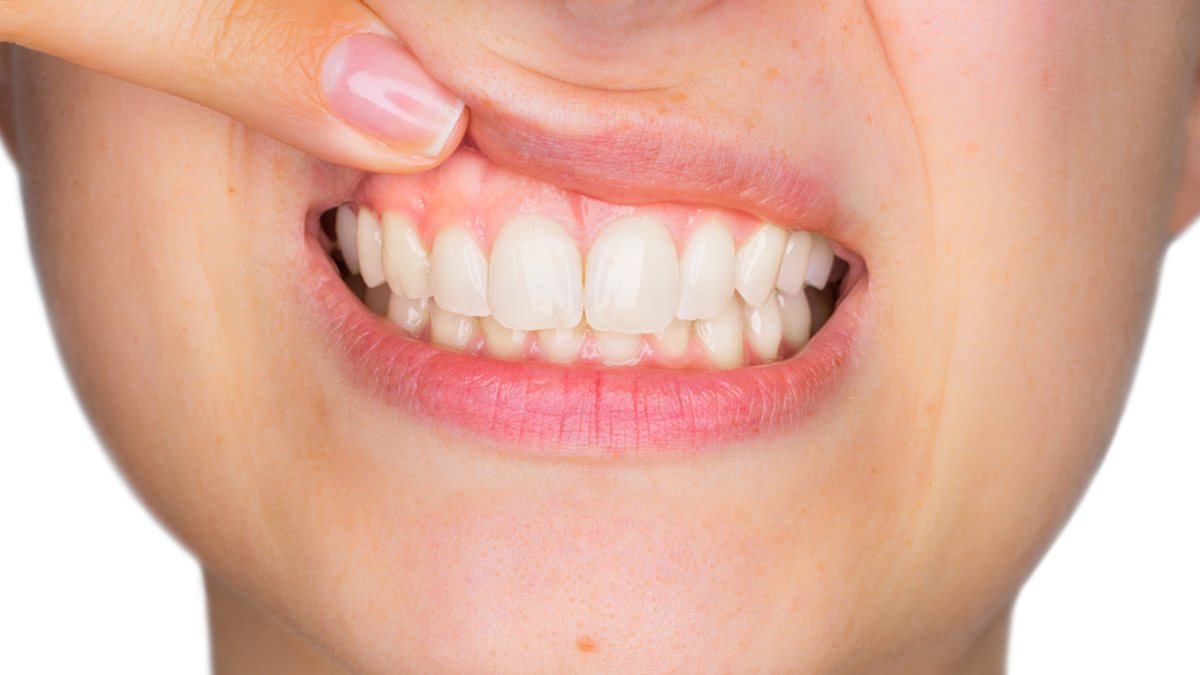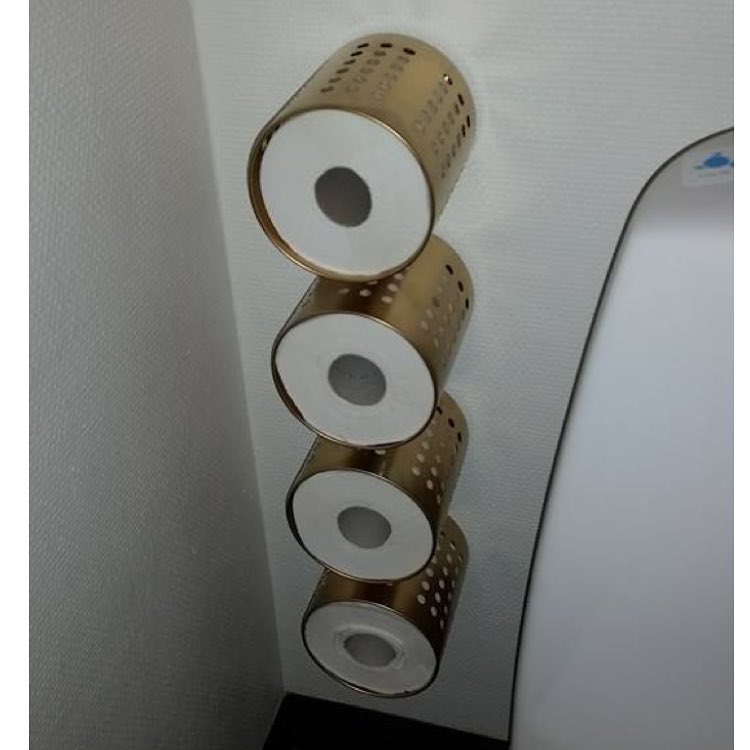Dental plaque is inevitable. Sugary or starchy meals combine with micro organism in your mouth and type a coating on your tooth often known as plaque. Plaque just isn’t an issue in the event you brush your tooth recurrently. When you do not brush typically or brush incorrectly, plaque can construct up and result in cavities, gum illness and tooth decay.
If plaque buildup is left untreated, it could harden as tartar, which may solely be eliminated by a dentist. That is why it is essential to know the signs of dental plaque buildup, akin to yellow tooth and bleeding gums. Listed below are extra warning signs that you will have too much plaque, and a few of the greatest methods to take away plaque.
6 SYMPTOMS OF TOO MUCH PLAQUE ACCOUNT ON THE TOOTH
From bleeding gums to unhealthy breath, there are all kinds of warning signs that you will have too much dental plaque.
Plaque and tartar might be confused every now and then. Plaque can flip into tartar over time, however the two are totally different. Plaque seems like a smooth layer on your tooth, whereas tartar feels tougher. You may take away plaque your self by brushing recurrently, however solely a dentist ought to take away tartar.
Catching dental plaque early can stop issues like gum illness, tooth infections and even tooth loss. Listed below are 6 signs that you will have dental plaque.
1. You are feeling your tooth are “fuzzy”
Clear tooth ought to look clean, however when plaque builds up on the floor, your tooth might really feel ‘fuzzy’ whenever you contact them along with your tongue. This may normally occur in the morning when you have not brushed your tooth but, but when this sense persists all through the day, it might be an indication that too much plaque has amassed.
2. Your breath smells unhealthy
As a result of plaque comprises micro organism, it could produce an disagreeable odor.
3. Your tooth are yellow
When plaque builds up on your tooth, the layer could cause your tooth to seem a uninteresting white or yellowish colour.
4. Gum issues
In case your gums are crimson, swollen or bleeding whereas brushing, it’s best to concentrate. Too much plaque can irritate your gums, inflicting them to swell and grow to be tender. Extra plaque could cause an an infection in the gums, which may really feel like a uninteresting ache deep in the jaw.
5. You have got tartar buildup
If plaque just isn’t eliminated, it could harden into tartar over time. You may inform you will have tartar in the event you see a buildup of yellow or brown crust on your tooth, particularly at the gum line. When tartar builds up below your gums, it could trigger deep infections that may trigger you to lose your tooth.
6. Tooth sensitivity
Over time, plaque could cause your gums to recede, exposing the nerve endings in your mouth and making your tooth extra delicate. Tooth sensitivity is skilled as an irregular or intermittent sharp ache to air, meals, or water.

HOW TO CLEAN PLAQUE?
Practising good oral hygiene is the key to stopping and getting rid of plaque. Listed below are some of the greatest strategies for cleansing plaque:
– Brush your tooth twice a day utilizing a soft-bristled brush or an electrical toothbrush. In case you have a non-electric toothbrush, it’s best to brush utilizing the Modified Bass Method, the place you sweep every tooth in a mild round movement. This system is right for plaque removing.
How is the modified bass brushing approach utilized?
1. Maintain your toothbrush at a 45-degree angle out of your gumline.
2. Brush one or two tooth at a time in light, round motions.
3. When you will have completed brushing every tooth, take away the brush by sliding it down the gumline.
4. Remember to brush all sides of your tooth, together with the entrance, again, and high.
5. Use the identical round movement to brush your tongue.
– Use dental floss as soon as a day. You will get the greatest outcomes for eradicating plaque in the event you floss earlier than brushing your tooth. As a result of this may loosen the plaque which you can brush off later.
– Use mouthwash twice a day. Make sure that your mouthwash has anti-plaque capabilities. You may normally discover this data on the label of your mouthwash.
(*6*)
#signs #plaque #buildup #tooth



